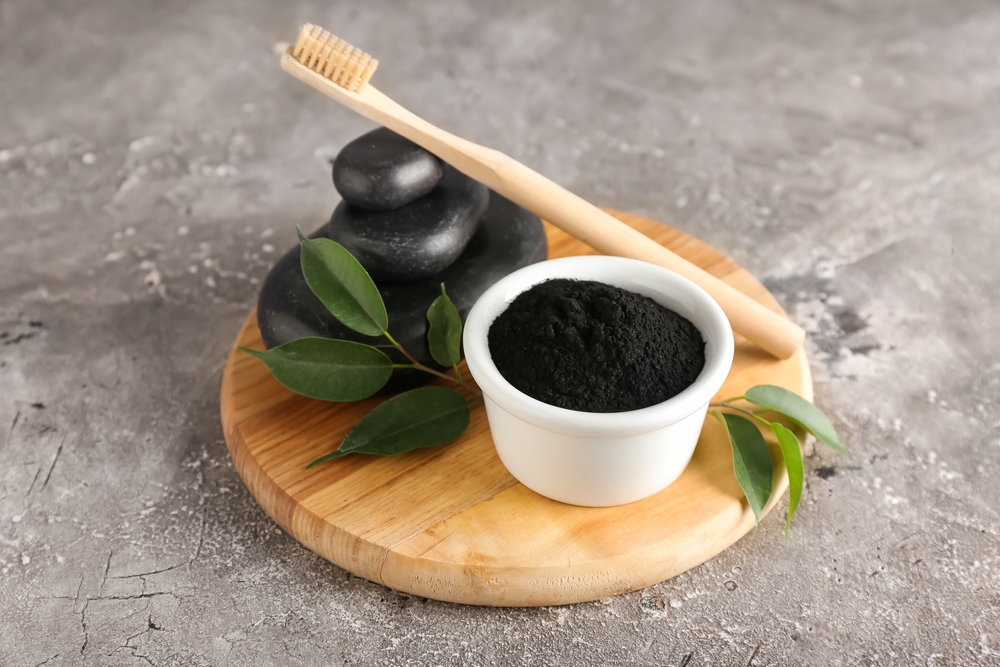
What Does Activated Charcoal Do for Your Teeth?
You have probably seen tubes of charcoal-infused toothpaste, charcoal floss, and black-bristled charcoal toothbrushes on store shelves while shopping for your oral care items. Using activated charcoal has become a popular way to whiten teeth.
Oral health isn’t the only benefit that people are trying to glean from charcoal. The mineral is used in skin treatments, as food supplements, and even as a natural deodorant. The effectiveness of these myriad usages of activated charcoal is up for debate, but here we will focus on one of its most exciting applications: whitening teeth!
What is activated charcoal?
Activated charcoal is a heat-treated form of charcoal, a carbon residue. Charcoal forms when wood is burned in a low-oxygen environment. Treating charcoal with extremely high temperatures results in charcoal that is extremely porous–a substance that we call activated charcoal.
Traditionally, activated charcoal has many common uses. Its high porosity makes it an excellent tool for absorption. Many emergency room doctors use it to absorb toxins from the bodies of patients who are experiencing poisoning or overdose. Activated charcoal is also used in many water filters, as a natural way to help remove unhealthy compounds from drinking water.
Does activated charcoal really whiten teeth?
If your teeth are yellowed from drinking coffee or tea; from eating foods and spices that contain staining pigments; or from tobacco use, then we have good news for you: activated charcoal can indeed help whiten your teeth. Studies show that the porous substance is effective in reducing surface stains. When you brush with activated charcoal, the fine grains are able to bind to particles staining the surface of your teeth, which helps to remove them.
Is it safe to brush with activated charcoal?
Activated charcoal may be helpful as a teeth whitener, but we recommend that you use it with great care. Despite its current popularity, charcoal may actually be harmful to your teeth. Abrasive grains of charcoal can eat away at the enamel of your teeth, weakening them and leaving them vulnerable to developing cavities. Such wear and tear on tooth enamel could even cause your teeth to become more yellow over time! Many dentists agree that more scientific research is needed to determine the true safety of activated charcoal when it comes to dental health.
How else can I whiten my teeth?
Hydrogen peroxide and baking soda are two substances that are commonly used to whiten teeth. These can be found in many whitening toothpaste. The best effective way to whiten your teeth is to visit your dentist. Dentists can provide safe and effective teeth whitening through bleaching and other treatments that can address both surface stains and discoloration that can appear beneath the enamel of the teeth.
Call Smile League Dental today!
Are you curious about activated charcoal and other teeth-whitening options? Would you like to schedule a consultation to determine if a teeth-whitening treatment is right for you? Please feel free to contact Smile League Dental in Joliet. Our friendly team is happy to share its expertise with you to help you make the best decisions for your oral health.
Recent Comments